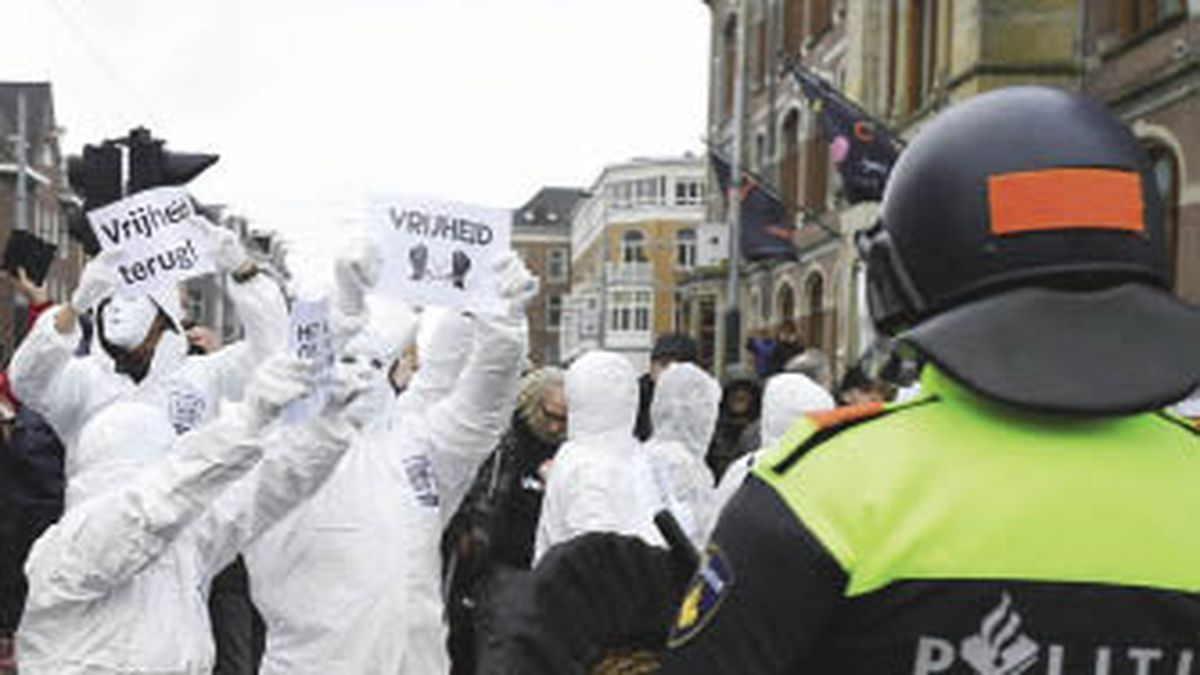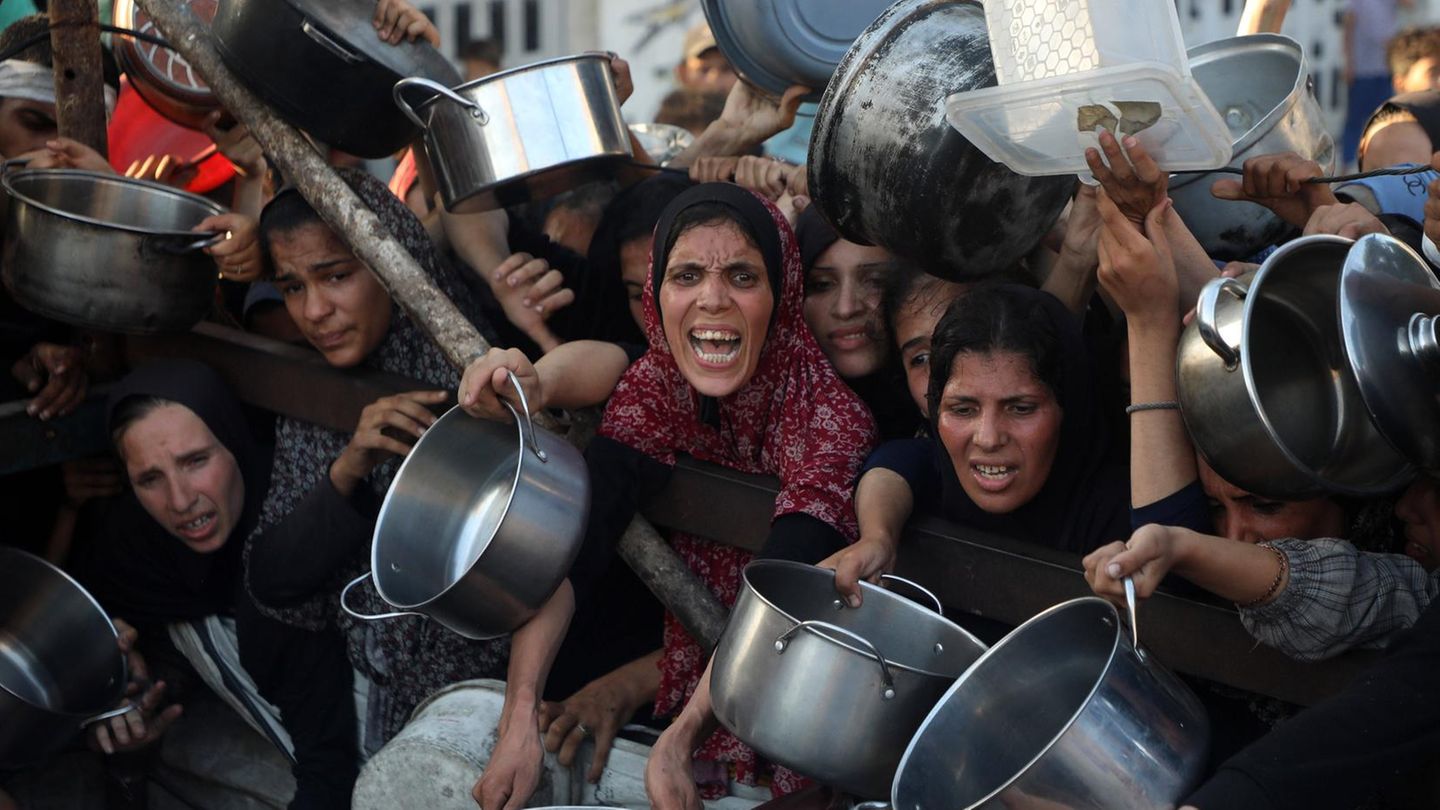Thus, one month after its detection, it was already the dominant variant of the new coronavirus in several countries.
“It has an incredibly fast spread,” said the specialist, who compared that speed with that of the measles virus, one of the most communicable viruses known.
A person not vaccinated and affected by this disease infects an average of 15 other people, while someone affected by omicron infects 6, according to the latest studies. However, the difference is at the time of infection: measles takes 12 days on average, while omicron only 4 or 5.
“A case of measles produces another 15 in 12 days. A case of omicron produces 6 in four days; In eight days it produces 36, and 216 in 12 days ”, highlighted Bhattacharyya.
Gravity
That specialist and William Hanage published a paper on the difficulty of finding out how serious omicron can be. In it, they pointed out that the new variant is probably 25% less serious than delta in people who have not been vaccinated or infected with covid-19 before, “but omicron is probably more serious than other previous variants. Given how quickly it is spreading, it will probably cause a lot of damage in a shorter period of time, ”Bhattacharyya warned.
Medical historian Anton Erkoreka declares himself “amazed” by the speed with which omicron spreads. “It is the most explosive virus and the fastest spreading in history,” said this, director of the Basque Museum of the History of Medicine, who recalls that the black plague of the fourteenth century and the cholera of the nineteenth century, caused by bacteria, took years to spread throughout the world.
Faced with the current scenario of an explosive increase in infections, more and more governments around the world are easing the isolation rules for patients and their contacts to avoid economic paralysis.
Revision
Europe, the current epicenter of the pandemic, faces unprecedented levels of infections: more than 4.9 million cases registered in the last seven days, 59% more than the previous week.
For example, France, with more than a million cases detected in the last seven days, announced yesterday a relaxation of the isolation rules for infected people and their contacts. Under the rules that go into effect today, positive people who have a full vaccination must be isolated for seven days instead of ten, a period that could be reduced to five if they are negative in a subsequent test. This was followed by a measure initially applied by the United States.
French people who have been in contact with these people should not quarantine if they have the full vaccination schedule, authorities said.
The rule change should ensure “control of infections while preserving socioeconomic life,” explained the French Ministry of Health in a statement.
In the United Kingdom, with records of infections, the Secretary (Minister) of Health, Sajid Javid, said that there will be no new restrictions, except as “absolute last resort” if the hospital system collapses.
Shortly before Christmas, the Boris Johnson government had reduced the days of isolation for vaccinated people who contract the coronavirus from ten to seven.
Likewise, the Swiss health authority decided on Friday that the cantons can reduce the quarantine for people who had contact with someone infected from ten to seven days. The same had been determined by Spain last Wednesday, a measure soon followed by Argentina and Portugal, among other countries.
Source From: Ambito
David William is a talented author who has made a name for himself in the world of writing. He is a professional author who writes on a wide range of topics, from general interest to opinion news. David is currently working as a writer at 24 hours worlds where he brings his unique perspective and in-depth research to his articles, making them both informative and engaging.




